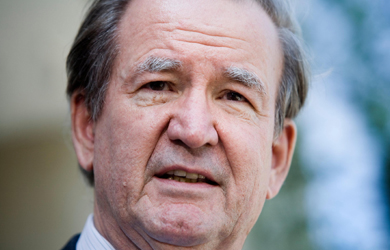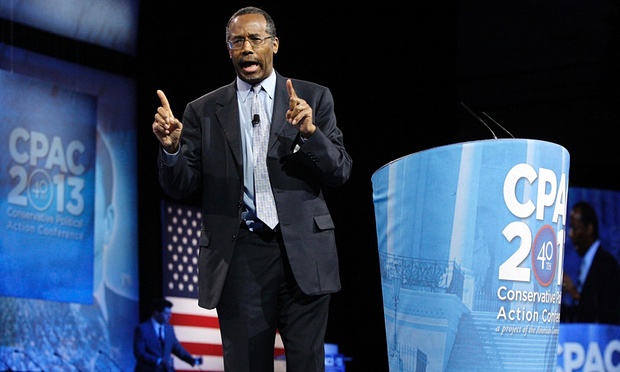Former congressman and anti-immigrant activist Tom Tancredo took to WorldNetDaily on Friday to warn that Americans are a “vanishing breed” who might “disappear” as a result of multiculturalism in the public school system. He said that progressive are using schools to make Americans “worship at the shrine of multiculturalism” and consequently lose their American identity.
Tancredo backs up his argument with a Benjamin Franklin quote which he says illustrates that Americans have become a “fundamentally different people.”
Unfortunately for Tancredo, the quote actually isn’t from Franklin himself, but the character Benjamin Franklin in the musical “1776.”
America as a continent, a region and as a political entity may well survive for centuries, but the American who has created and populated this nation is a vanishing breed. Is it possible for America to survive while Americans disappear?
Yes, it is possible. As our character and culture change, we become a different nation, like an alien being taking over a human body. It looks the same, but the soul is different. As what it means to be an American changes, we are justified in wondering whether the nation’s Founding Fathers – or Alexis de Tocqueville or Teddy Roosevelt – would recognize the new Americans who celebrate not a special American identity and American destiny but our “common humanity” and “oneness” with the world’s collective misery.
Benjamin Franklin was one of the first to speak of Americans as a new people who required a new nation. For Franklin, what propelled Americans toward independence was not the Stamp Act or the Tea Tax or the quartering of British troops in the homes of colonists. America was destined to be a separate nation because we were a new people on the face of the earth.
In 1776, a fellow Pennsylvanian, John Dickinson, asked Franklin, who had been an early advocate for independence, exactly why the colonies should separate from the mother country. Franklin replied:
“We have spawned a new race here in America. It’s rougher, simpler, more violent, more entrepreneurial, and less refined. … We require a new nation.”
Benjamin Franklin understood that Americans were a fundamentally different people, a new people in the history of the world. Thus, to Franklin, independence from England was both natural and inevitable.
…
Can a nation remain exceptional if it evolves into a mirror image of the old world, the corrupt and tyrannical world from which its early immigrants sought refuge? How much accommodation and compromise can a nation endure without losing its special character and becoming, in modern jargon, “part of the problem, not part of the solution”?
This is a new question Americans never before had to ask. For 200 years, Americans took our special mission for granted, and fortunately, so did the rest of the world. We were Ronald Reagan’s “City on a hill,” and we were proud of it.
The new question for Americans in the 21st century is whether we even want to be a distinct race and a distinct nation, a beacon of light in the darkness. The question has become, not whether we have lost that quality that made us different but whether we should care one way or the other.
This doubt and this questioning of our place in the world is the cumulative product of three generations of progressive education of our elites. Beginning in the mid-20th century, our schools began teaching the devaluation of our history and doubt about our character as a different kind of nation.
Our new progressive culture asks us to worship at the shrine of multiculturalism, where “American Exceptionalism” is cast into what Marx called the “dustbin of history.”
America maintained its exceptionalism for 200 years because it attracted a special kind of immigrant as well, people similar in spirit to the first colonists – individuals drawn to the promise of Franklin’s entrepreneurial individualism. They didn’t come just for employment and with the intention of sending a third of their earnings back home and then returning there some day. They came wanting to be not laborers, but Americans.
Ronald Reagan was an optimist on the question of America’s destiny, and many conservatives still echo that optimism. Yet, the case for a weary pessimism grows stronger each day.








